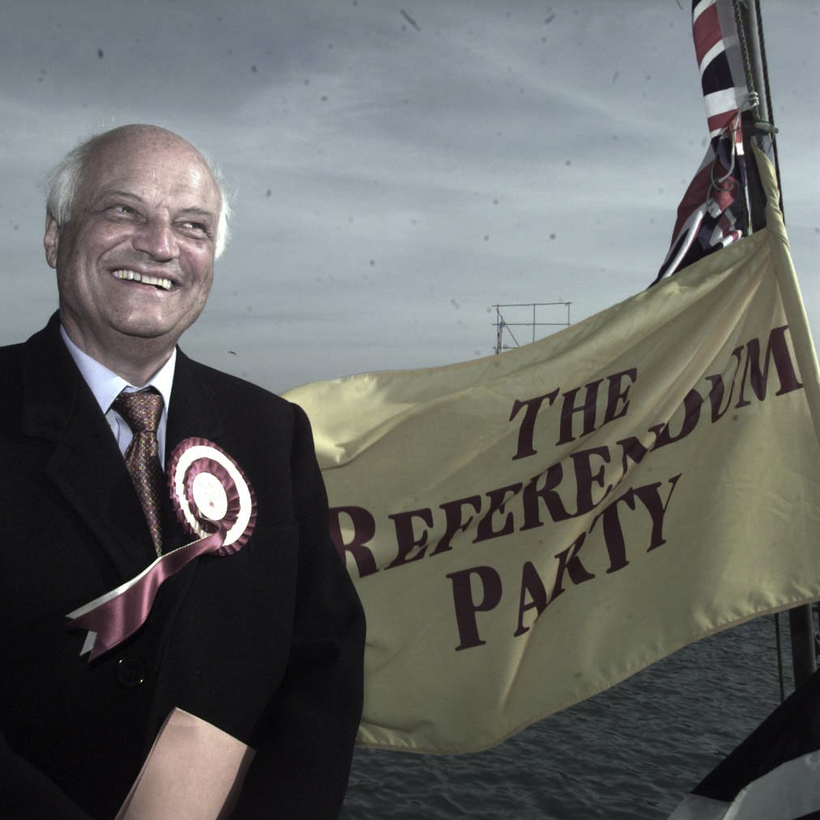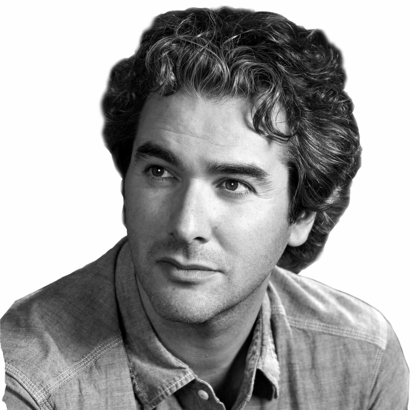The serially married billionaire warned his supporters of an “uncontrolled invasion” of immigrants, unscrupulous countries taking advantage of them, and an unseen global elite infringing on their rights. He lambasted the media and lamented his country’s lost greatness, and the adoring crowd lapped it up. He was one of them, even if he did have a customized Boeing 757 idling on a nearby runway waiting to whisk him away to his palatial southern refuge.
However, this wasn’t Donald Trump at the Republican National Convention in Milwaukee earlier this year, but rather Sir James Goldsmith at the conference for his Referendum Party in Brighton, England, in 1996. Goldsmith wasn’t the first billionaire to run for office—Silvio Berlusconi in Italy and Ross Perot in the United States had both been forerunners—but in many ways his insurgent campaign, ill-fated though it was in the short term, anticipated the rise of populist politicians in both Europe and the U.S.


